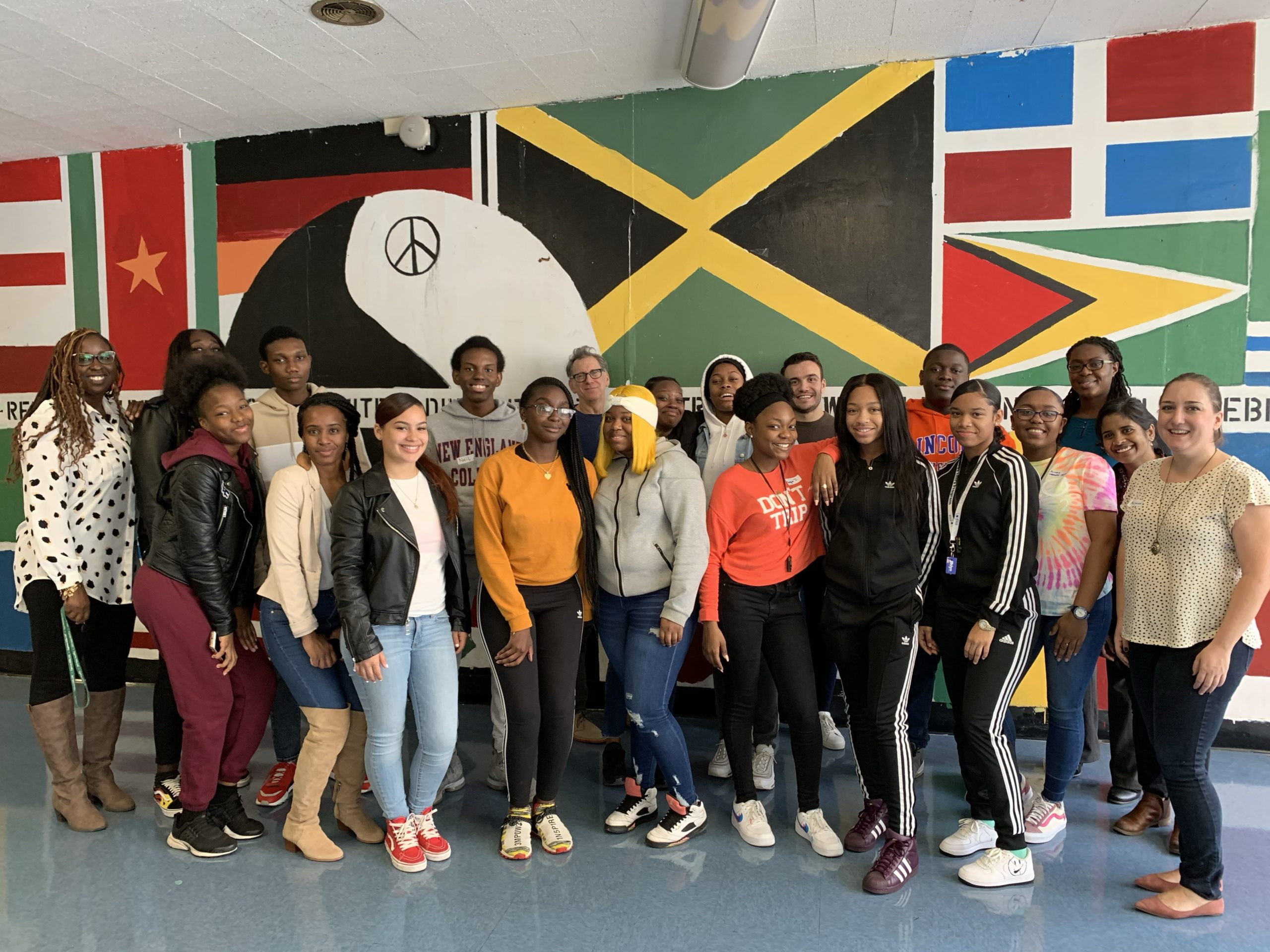Special guest Tiphanie Yanique joins us for this week’s quaranTEEN voices gathering! Tiphanie Yanique is a fiction writer, poet, and essayist. Her award-winning debut novel Land of Love and Drowning is about a multi-generational family in the Virgin Islands.
From Tiphanie Yanique:
People sometimes want us to avoid our emotions because they can be uncomfortable or even taboo. But these emotions make us human and writing is a great place to deal with them. One way to put your emotions into words is to write where they live in your body. We might think that emotions are separate from our bodies, but if we pay attention, we can notice where we feel them. Have you ever wanted something so badly it actually hurt? Or made you yell? Have you ever been so afraid it made your body cold or your face hot? The prompts below will help you practice writing about those feelings. See where they take you!
Prompt 1
What do you desire? What are you longing for? Think about where that longing lives in your body. If it’s a favorite food, you might feel it in your mouth. If it’s hugging a friend, you might feel it in your chest. Describe that physical feeling.
Then, map out that feeling: describe it as it moves around physically. Give the feeling more details. For example, instead of just saying “mouth”, map the feeling as it goes around in your mouth; maybe you describe how the food feels in different parts of your mouth and different parts of your tongue. If this is your chest or your hands, describe the sensations as they move around. Give them as much detail as you can, using tactile language—the sense of touch and physical feeling.
Prompt 2
Let’s visit with another emotion that can be pretty taboo: fear. What is most worrying you or scaring you? Where does the fear live in your body? For many of us, it’s in our chest (it gets tight) or maybe it’s in our hands (they sweat). What is the worst-case scenario for this fear? What do you imagine will happen? Who will be involved? Who will help? How does all of this feel in different parts of your body? Who will make it worse? How will they do these things? How will you feel about it all? Let your worrying mind free. Write the great fears you have, even if they embarrass you; even if they scare you more.
As you start to wrap up, write two alternate endings; 1) Write an ending where everything goes as badly as it possibly can. 2) Write an ending where everything settles down and life has hope and happiness. How does each feel in your body when you read these endings? Make sure to write that feeling down.
Revision for 1:
Read over and see if there was anywhere that you wrote a sensory detail other than touch. Did you write taste or smell by accident? If you did, start expanding on that sense more. In writing, sometimes the accidents are good fodder for revision. Take that new sensation as far as you can. If you didn’t do that accidently, then do it now on purpose. Then start expanding on a sense that feels really opposite or weird to the first one you chose. For example, if you miss seeing your best friend (visual sense), you might think about smelling (olfactory sense) your friend. What about their smells do you miss? How does that new sensation feel in your body?
Revision for 2:
Pick which ending you liked the best of the two you drafted. What is good in those endings? What is the feeling in the ending? Go back through the story and try to put that feeling in the beginning and middle parts of the story. This is also one way to help you know if that ending is one that works—can you develop that feeling over the entire story? Can that feeling grow and get more intense as the story develops? One way to think about this is that you are dropping emotional “bread crumbs” into the story so that the feeling in the end makes sense to the person reading it.
Be sure to sign up for our newsletter HERE to receive weekly prompts and other virtual youth writing opportunities right to your inbox! On Wednesday we’ll send out a few ideas to help you revise your pieces. Sign up to talk to Tiphanie Yanique and share your writing with other quaranTEEN’s on Friday HERE!
